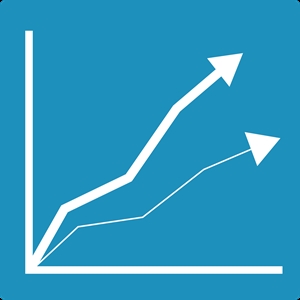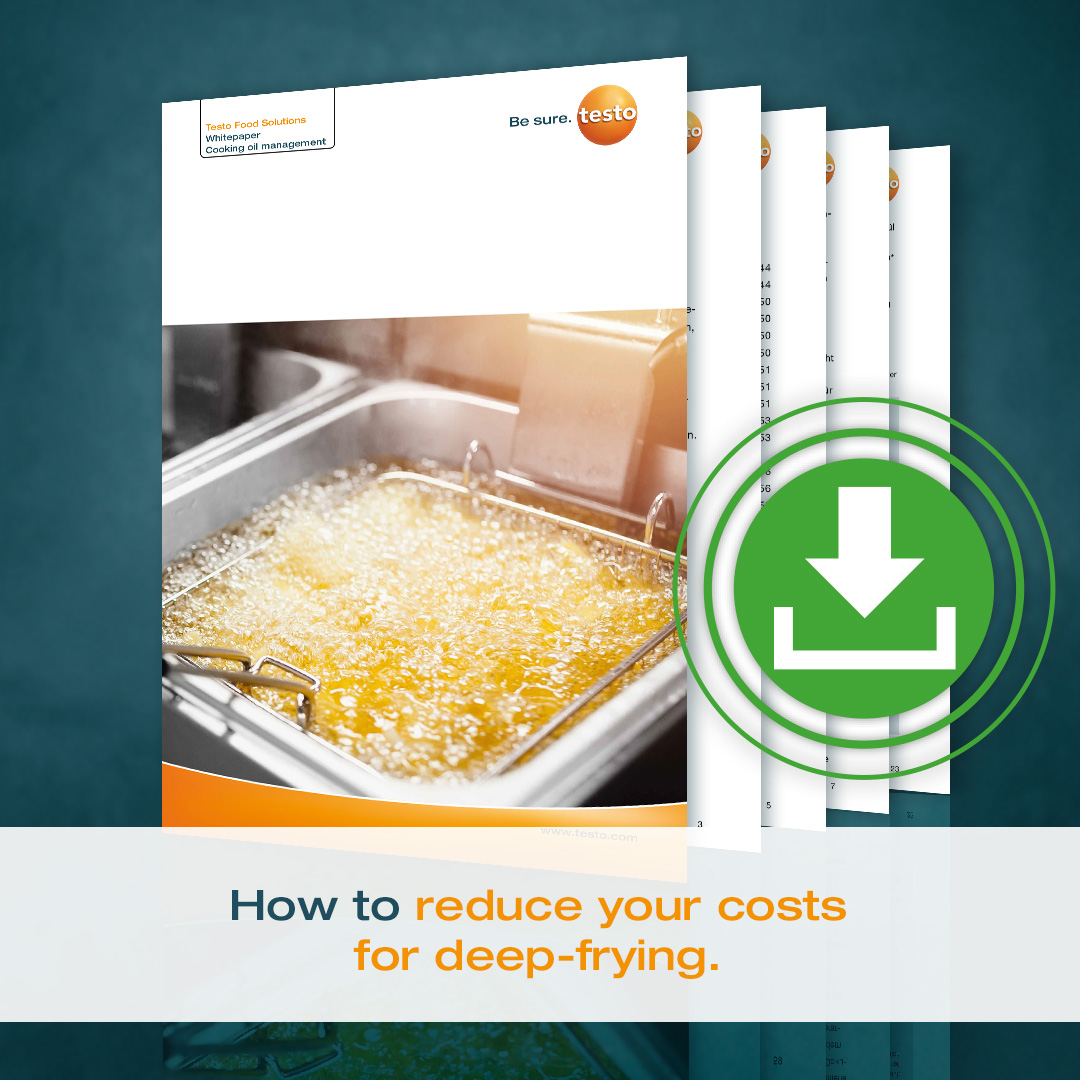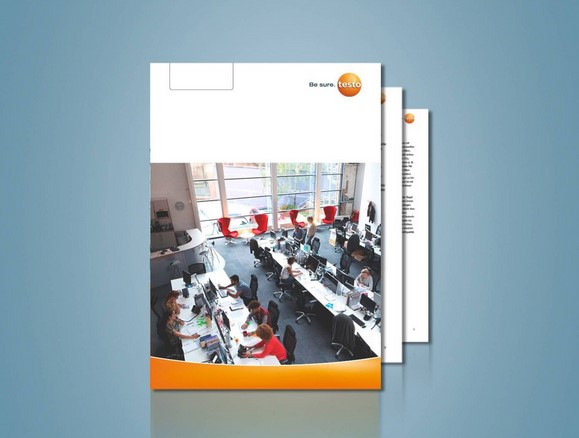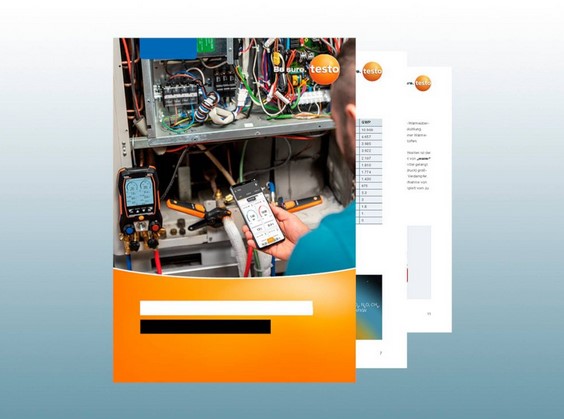Technology advances seem to occur every few months, with the ‘latest and greatest’ devices and tools constantly set to revolutionise the industry.
One concept that is gaining momentum, not only in Australia, but around the world is the ‘Internet of things’ (IoT). Basically, IoT refers to the interconnection between unique computer-like devices across the internet for interpreting data and information.
For the IT industry this relates to software or wireless networking, however, industry professionals are now joining the IoT bandwagon by investing in sensors to collect and analyse data. According to a PricewaterhouseCoopers (PwC) survey, this is becoming big business and a vital part of everyday operations.
“From refrigerators to parking spaces to houses, the IoT is bringing billions of things into the digital fold, which will make the IoT a multi-trillion dollar industry by 2020,” the PwC survey read.
Based on the company’s survey of 1,500 company executives from across the globe, 20 per cent of companies are planning to invest in IoT sensors in the near future. This is up from 17 per cent in 2013.
“Sensors detect and measure changes in position, temperature, light, etc. and they are necessary to turn billions of objects into data-generating “things” that can report on their status, and in some cases, interact with their environment,” the survey said.
It is interesting to note that 14 per cent of respondents believe sensors and detector technologies are vital to their strategy over the next three to five years.
Part of the reason why sensors have only recently gained prominence is the price. In the early years of sensor development, manufacturing costs were high while demand was low. However, as the importance of data collection and employee safety increased, there was a marked rise in sensor activity in the market.
Where can sensors be used?
The quality and wide-ranging features of sensors today make them useful in a number of settings. From the food industry to electrical and construction, there are sensors available that can make business easier and more efficient.
According to PwC, sensors are important as they can provide business intelligence to customers and workers. The data collected also can assist employees make better and faster decisions in the areas such the supply chain and where customer experiences are vital.
In the PwC survey, the company highlights the top 10 industries that are investing in sensors. With the IoT poised to disrupt industries, then companies that are proactive will be in the running for success moving forward.
Energy and Mining
A third (33 per cent) of energy and mining companies are currently using sensor technology. Carbon monoxide sensors monitor and detect dangerous gas levels in mines and in closed environments to improve workplace safety.
Testo have a large variety of gas analysers and detectors that can alert professionals to the presence of carbon monoxide in the workplace. One example is the testo 317-3 Ambient CO Meter, which can detect CO levels down to a very accurate three parts per million (ppm).
Many sensors come equipped with an alarm that can warn those in the area of the presence of the odourless and colourless gas.
Industrial
A quarter (25 per cent) of industrial organisations are also taking advantage of sensors.
“A manufacturing plant distributes plant monitoring and optimisation tasks across several remote, interconnected control points,” the PwC survey read.
In the past, this would have required specialists physically present at the plant location. However, with sensors controlling the environment, this is no longer necessary.
The survey also highlighted the power and utility industry (32 per cent), automotive (31 per cent) and hospitality (22 per cent) as key areas for sensor growth in the coming years.









 Reduce cooking oil costs while ensuring quality
Reduce cooking oil costs while ensuring quality Expert knowledge on CO2 monitoring
Expert knowledge on CO2 monitoring Refrigeration knowledge - in 3 modules
Refrigeration knowledge - in 3 modules



